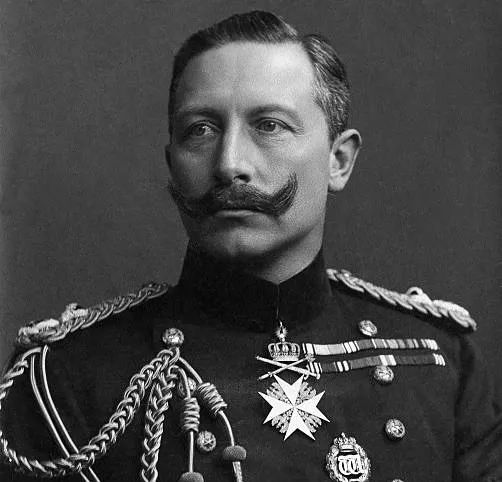
Bio
Paul Lincke was born on November 7, 1866 in Berlin, Germany as Carl Emil Paul Lincke.
The film business too used the music of Paul Lincke. Already in 1908 sounded his music for "Donnerwetter, tadellos" (1908).
Paul Lincke belonged at the beginning of the 20th century to the most popular composers and he got the nickname "Father of the operetta".
He was trained in the Wittenberg City Band under Rudolf Kleinow as a bassoonist. He also learned to play the tenor horn, the drums, the piano and the violin.
With the Nazi rise to power in 1933, Lincke maintained his position and was feted by the Nazi regime. In 1937 he was awarded the Silver Medal of Honour of his native city, on his 75th birthday he was made an honorary citizen of Berlin.
He went to Paris where he was very successful at the Folies Bergère for the next two years. After his return to Germany his operetta "Frau Luna" was released in 1899 for the first time and became his greatest triumph. Other musical works came into being with "Im Reich des Indra" (1899) and "Lysistrata" (1902).
After the war ended, Lincke wanted to return to Berlin. He strove in vain to obtain the approval of the Allies, which, as a native Berliner, he was required to have at that time. With the help of one American General Pierce, he moved first to Arzberg, Bavaria, with his housekeeper Johanna Hildebrandt, who had worked for him for 35 years. Lincke's ailing health was worsened by the climate there, and he moved again to Hahnenklee. He died there shortly before his 80th birthday. His funeral was held in Hahnenklee, where his grave is still maintained today.
In 1908 Paul Lincke became the composer and bandmaster of the Metropol theater and achieved many successes in the next years which increased his popularity.
Lincke composed the wedding dance played in the 1997 movie Titanic; it is played while the ship is going down and in the dining room in earlier scenes.
 Contact
Contact Basket
Basket My favorites
My favorites My account
My account






